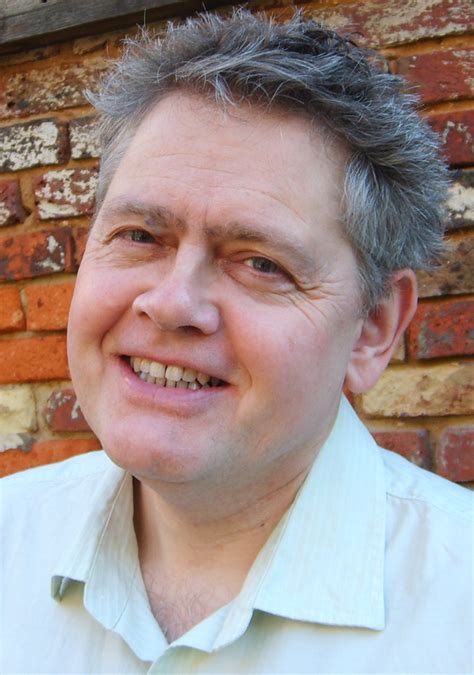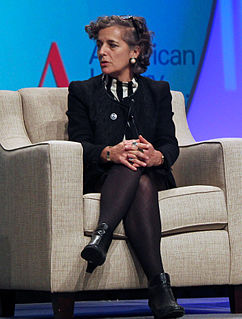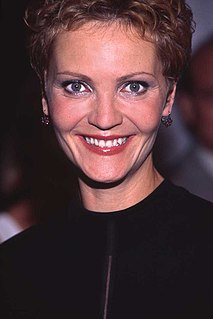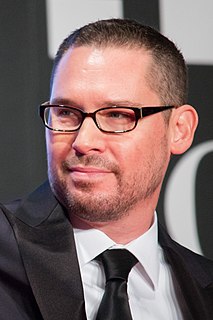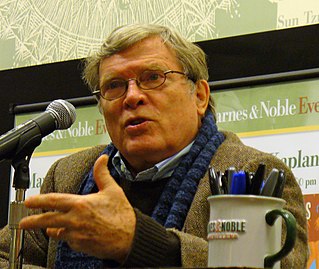A Quote by Khaled Hosseini
I've been told, and I think I recognize it, that there's a cinematic quality to my writing, with a sense of image and place and scene - and, some would say, my tendency to finish my books the way Hollywood finishes its films.
Related Quotes
A lot of times you can write a scene with a specific song in mind, and then you lay it over the image, and it kills it. I can never figure out why certain music works. Some music you listen to and say, "Man, that would be great for a movie." But when you try it, it's horrible, because the music itself is cinematic. The weight of it kills the image.
When you write a scene where somebody is afraid of something you instantly go to decades of genre cinema: horror, suspense, and thrillers. Those are very cinematic genres, when you shoot a close-up of someone and you can see fear in the person's face, or anticipation, or some kind of anxiety, it's a very cinematic image.
Unless there is a strong sense of place there is no travel writing, but it need not come from topographical description; dialogue can also convey a sense of place. Even so, I insist, the traveler invents the place. Feeling compelled to comment on my travel books, people say to me, "I went there"---China, India, the Pacific, Albania-- "and it wasn't like that." I say, "Because I am not you.
To the question of writing at all we have sometimes been counselled to forget it, or rather the writing of books. What is required, we are told, is plays and films. Books are out of date! The book is dead, long live television! One question which is not even raised let alone considered is: Who will write the drama and film scripts when the generation that can read and write has been used up?
What is a scene? a) A scene starts and ends in one place at one time (the Aristotelian unities of time and place-this stuff goes waaaayyyy back). b) A scene starts in one place emotionally and ends in another place emotionally. Starts angry, ends embarrassed. Starts lovestruck, ends disgusted. c) Something happens in a scene, whereby the character cannot go back to the way things were before. Make sure to finish a scene before you go on to the next. Make something happen.
Some people say they use images to help them remember intricacies. Others say they just remember. If they are able to form an image of the face, it is because they remember how it was: it is not that an image guides memory, but that memory produces an image, or the sense of imaging. We have no agreed way to talk clearly about such things.
I guess maybe I was hired to play in the Doll House because of my dinner scene in The Sixth Sense, which has been scrutinized a thousand times as to whether you know Bruce Willis is dead, or whether I'm talking to myself. I think that maybe if that could be my forte, to do a scene and be able to say it could be read this way or that way.
I know what I as an editor respond to is a voice. A voice is not just a stylistic thing, but it means someone who really has something to say. I think a lot of what I get from books - whether they be books of comics or books of literature - is a window into somebody's mind and their way of thinking. Somehow, I can recognize some of my feelings in seeing somebody who is actually expressing their own inner reality.
I think television is moving more into movies, particularly with serialization and almost cinematic proportions and expectations. A show like 'Game of Thrones' is a perfect example of that, or even a show like 'The Wire,' which isn't all about instant gratification it's about inviting someone into the long experience of television the way you'd be invited into a theater for two hours. So I think in that way, and the quality of writing in television is probably much better than most film writing.







